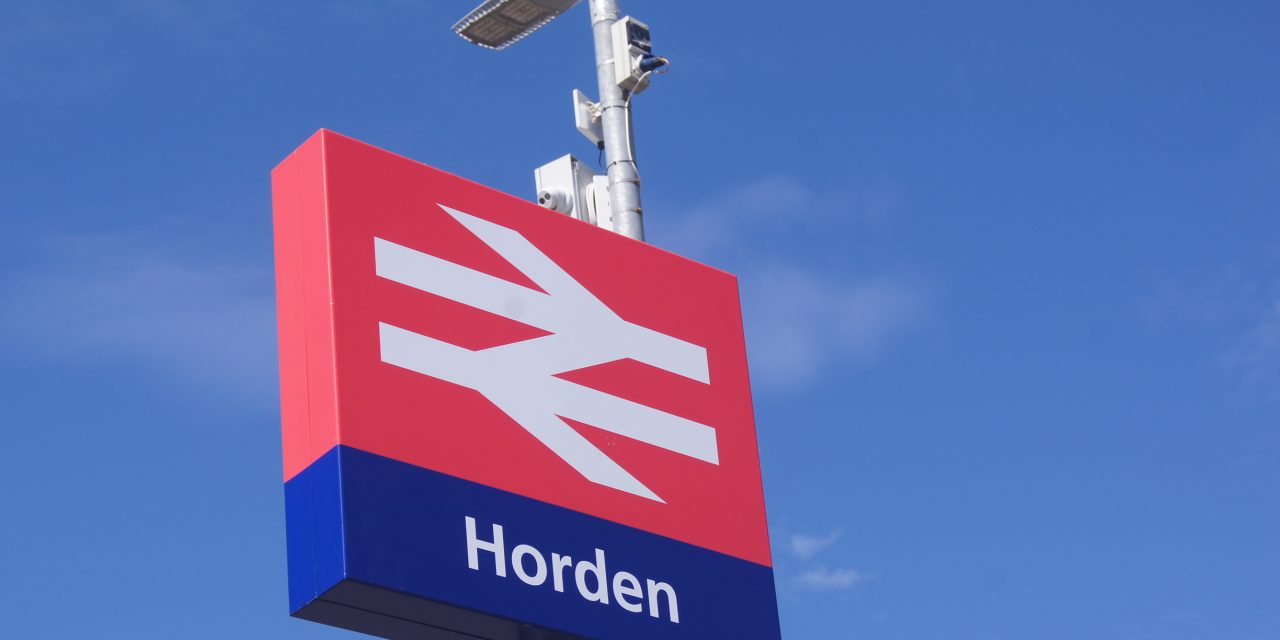Thousands of passengers in the North East of England are set to benefit from more frequent, reliable rail services and better connections, thanks to £15 million of government investment, the Transport Secretary has announced today (Monday, June 29).
The new Horden Station in Durham opened to passengers for the first time this week, and will be served by one train per hour calling at all stations between Newcastle and Middlesbrough. This restores a vital link for up to 70,000 passengers in an area that hadn’t had a station over a 20 kilometre stretch, after the previous station was closed in the Beeching cuts in 1964.
The £10.55 million project, led by Durham County Council and Network Rail, has been supported by £4.4 million from the Department for Transport’s New Stations Fund.
The Transport Secretary has also announced £8.7million of investment to develop proposals for a package of enhancements to modernise Darlington station. These include two new platforms for local services, one new platform for southbound long-distance services and a raft of improvements to make the station more accessible.
A further £2.45 million has also been agreed to develop proposals which would see platform 2 at Middlesbrough Station extended to accommodate longer trains with more seats, and a new platform built, increasing capacity for local services and delivering more comfortable journeys for passengers.
Today’s announcement comes as engineering works continue on the £1.2 billion programme of infrastructure enhancements for the East Coast Main Line (ECML) that will increase capacity and reduce journey times.
Power supplies north of York are being upgraded to enable more electric services to run, minimising the use of diesel fuel and reducing the impact on the environment. The work between York and Newcastle is due to be completed by the end of 2022 with the upgrades between Newcastle and Edinburgh set to be completed around 12 months later.
The East Coast Main Line is also set to become Britain’s first mainline digital rail link with £350 million of new investment to install state-of-the art electronic signalling designed to cut journey times and slash delays.
Conventional signalling will be replaced with a digital system that allows trains to talk to the track allowing the smooth the flow of trains, making journeys safer and reduce signal failures that every year result in thousands of hours of delays.











